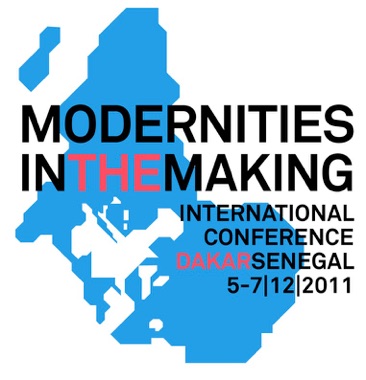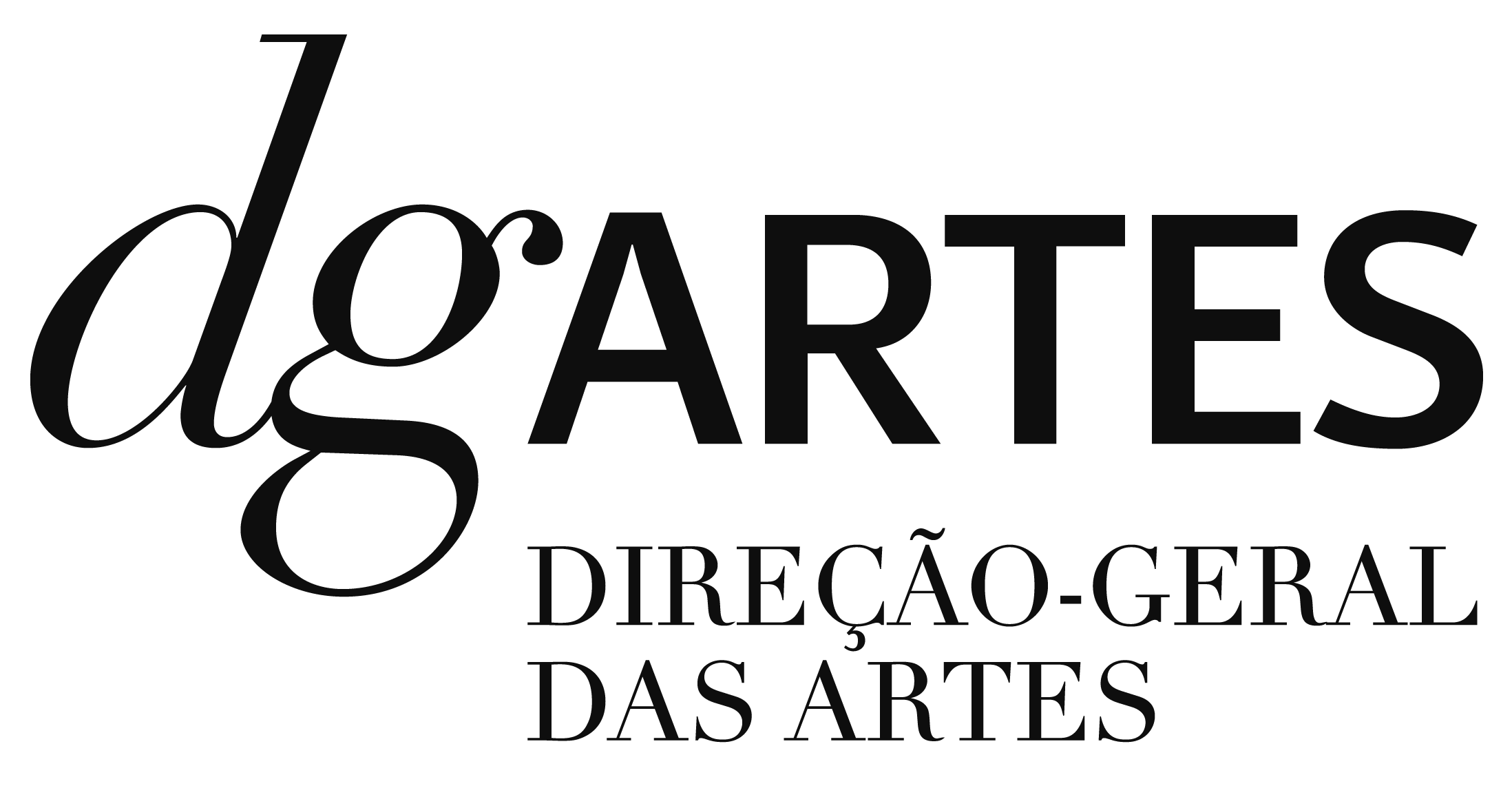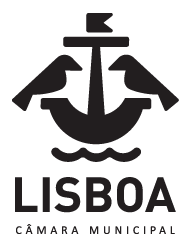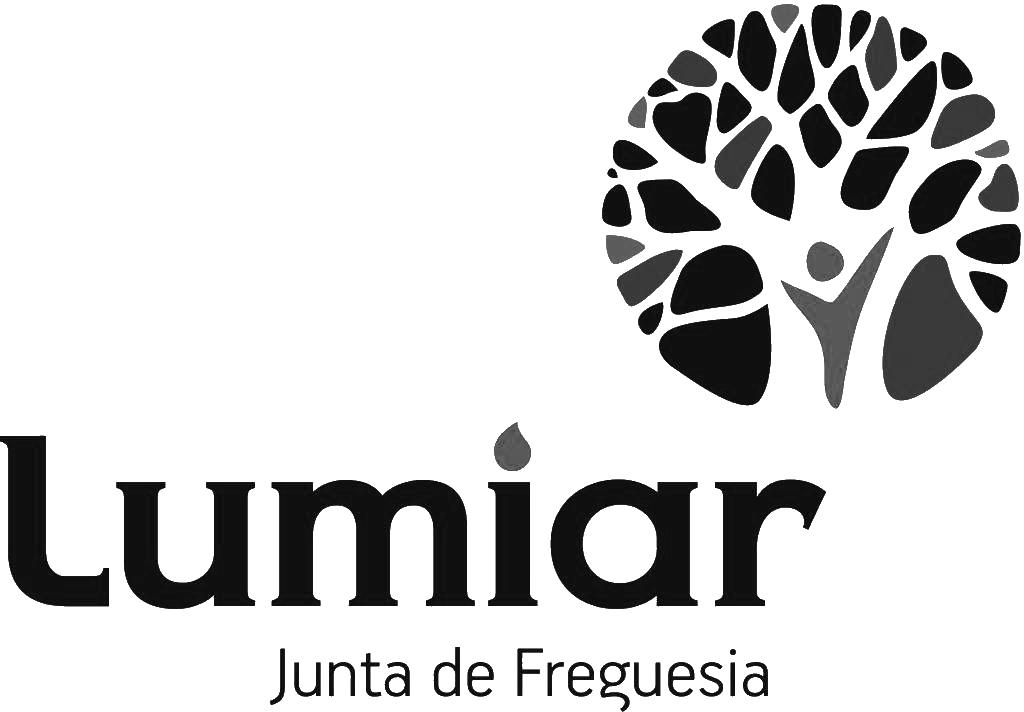
International Conference
Modernities in the Making
5.-7.12.2011
Dakar, Senegal

The primary objective motivating this conference is to cast a critical eye on Africa's place in modernity and its role in the making of the complex and evolving identities of Europe today. Our ambition is to look at the challenges to a monolithic European definition of modernity, which has implications in our definitions of culture, aesthetics, and the current debates around Europe, immigration, and the global financial and economic crisis. If debating alternative modernities has become one of the possible outcomes of globalization, this turn also calls for the rethinking of the ways in which contemporary art is classified, practiced, and exhibited, both in Africa and Europe, considering the complex system of exchanges, circulations, and overlapping appropriations.
Our interest goes beyond contesting the once prevalent perception of Africa and the people of African descent in Europe as passive agents of modernity, merely colonized or discriminated against. The outcome of an impressive array of historical and literary studies in the last three decades shows that transnational and diasporic African theorists, such as Leopold Sedar Senghor, Aimé Césaire, Frantz Fanon, and Édouard Glissant, had actively sought to and succeeded in ruffling and shaping the “incomplete project of modernity” in Europe and elsewhere by their literary, philosophical and sociological studies.
To look at Europe through the prisms of African theorists is also to look at how distinct forms and readings of modernity have emerged in Africa itself, and how they have shaped, and may still shape, alternative modernities in Europe. Whereas for some scholars these interventions amount to no more than a sideshow, our conference is committed to an alternative vision, through which we labor to compose suitable and productive genealogies for the ubiquitous phenomena of “Africa in Europe” today. To look at Europe through Africa is to consider the possibility that these African “rhizomes” have enriched Europeanness, without destroying or obstructing its distinctive trait and heritage. It seems therefore appropriate to reexamine here the notions of cultural symbiosis, metissage and creolization, as well as other forms of identification in a Europe that is still (and will always be) in the making, like any other continent.
Furthermore, the conference commits itself to the analysis of the distinctive challenges Africa poses to modern cognitive systems and rationalities that authorize and sustain the central political ideas and ideologies of Europe, such as secularism, liberal democracy, transparency and human rights. We intend to debate how modern Europe is coming to grips with massive immigration, the roles played by European minorities in the formation of new public spheres, and the relations between minorities and majorities around such key phenomena as assimilation, multiculturalism, and diversity.
The three-day-conference is composed by three keynote lectures and four panels that are meant to instigate controversy and discussion. The first day with its topic, “Redefining Europe in Modernity,” encourages the rethinking and reimagining of Europe by rereading the texts of some of Africa’s most important intellectuals. The often unexpected originality of their theories might yield a visionary understanding of the current crisis besieging the economies and identities of Europe. The topic of the second day, “Redefining Africa in Modernity”, leads to the critical reexamination of modernities in Africa by juxtaposing different and conflicting concepts and experiences of modernity, and their impact on democracy, migration, and identities. Ultimately, the aim of this conference is to discuss the questions of modernities in order to refresh the current theoretical and curatorial approaches to contemporary art. Thus, on the third day with its topic “Africa in Europe, Europe in Africa”, the debate will be focused around the need, if there is any, to reconsider definitions of art in an interconnected world, in times of uneven globalization and its intricate impact on curatorial practices.
The idea for this conference in Dakar was developed by a transnational research group on “Modernities in the Making – Contemporary Art in Africa and Europe” during its first meeting at the Goethe-Institut and the Escola Maumaus in Lisbon, Portugal, in March 2011. It shall be complemented by a second conference in the midst of 2012 in Berlin, Germany, focusing on art based on still and moving images in Africa and Europe today.
Maumaus
Avenida António Augusto de Aguiar, 148 - 3º C
1050-021 Lisboa, Portugal
Monday to Friday, 10h00 to 13h00,
14h30 to 19h00
Tel: + 351 21 352 11 55
maumaus@maumaus.org
Upcoming:
Manthia Diawara
AI: African Intelligence
mumok, Vienna
12.03.2026
ARTIUM museoa, Vitoria-Gasteiz
14.03.2026
The lecture will be in English. Entry is free and limited to the number of seats available.
Upcoming:
Manthia Diawara
Angela Davis: A World of Greater Freedom
Batoto Yetu Portugal, Caxias
Screening | 15.11.2025 | 14h30
The lecture will be in English. Entry is free and limited to the number of seats available.
Upcoming:
Howard Singerman
Local Art Worlds (or Imaginary Geographies with Real Effects)
Goethe-Institut, Auditorium
Seminar | 24, 25, 26.06. 11h – 13h, 14h – 16h
Registration is free but limited to the number of seats available. Please send an email with a short CV to admin@maumaus.org by 15.06.2025. Confirmation of registration will be sent by email. The seminar will be in English.
Lumiar Cité
Rua Tomás del Negro, 8A
1750-105 Lisboa, Portugal
Wednesday to Sunday, 15h00 to 19h00
or by appointment.
Tel: + 351 21 755 15 70
lumiar.cite@maumaus.org

Maumaus/Lumiar Cité is funded by República Portuguesa – Cultura, Juventude e Desporto/Direção-Geral das Artes. With the support of Câmara Municipal de Lisboa and Junta de Freguesia do Lumiar.






